
Ron McFarland has been working in Japan for over 40 years, and he's spent more than 30 of them in international sales, sales management training, and expanding sales worldwide. He's worked in or been to more than 80 countries. Over the most recent 17 years, Ron had established distributors in the United States and throughout Europe for a Tokyo-headquartered, Japanese hardware cutting tool manufacturer. More recently, he's begun giving seminars in English and Japanese to people interested in his overseas travels and expanding business overseas. You can find him on LinkedIn.

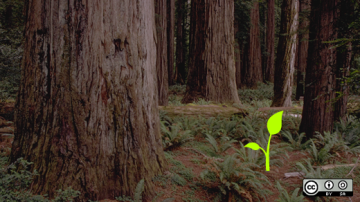
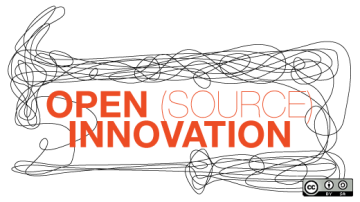
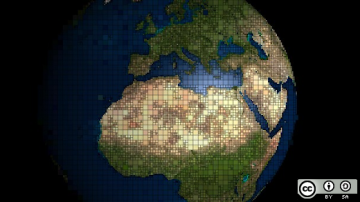

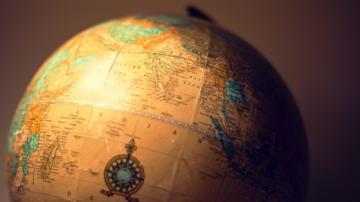
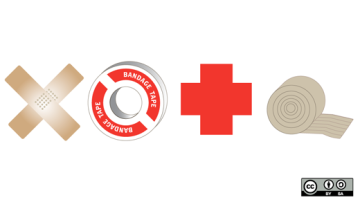
Authored Comments
Looking at why we work, I just saw a program on YouTube that pushes us more toward community and the comments Rafkin talks about. Have a look: https://youtu.be/PudZNM276CY
After writing this article, I started thinking of the value of an open society or organization. Consider this.
What is the value of more open organizations and societies?
To answer this question, I would like to compare it with product standardization. What is the value of standardizing an electrical outlet socket for example? Imagine every country, city, town and even individual home having different home appliance electrical outlets and sockets. If that were the case, the cost, quality and performance would be hundreds or even thousands of times worse than one standardized electrical outlet design.
Looking at the extremes where there is only one standardized socket design that is mass-produced using advanced automation and on the other hand, thousands, possibly even millions of versions, all made by hand at varying levels of quality. The benefit of standardizing of these electrical sockets could be 1,000 times a handmade version. Open organizations and societies offer that exact same value to their community members. Openness helps find and standardize what is best for wide communities.